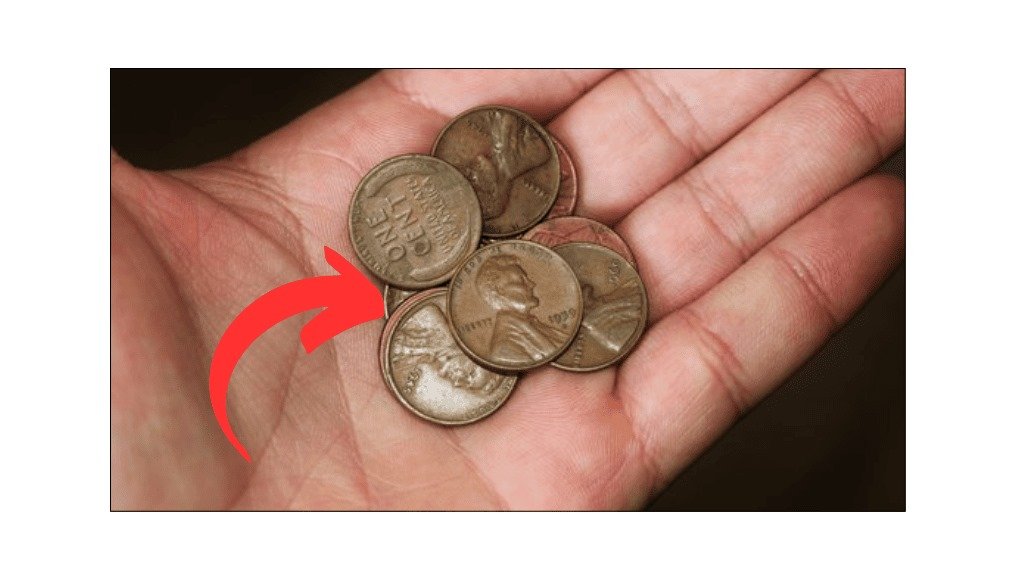$5000 Stimulus Checks Hitting Bank Accounts: Social Security payments play a vital role in supporting millions of Americans during retirement. Knowing how and when these payments are made can help beneficiaries better manage their finances.
This week, a new round of Social Security checks is being distributed, with some individuals receiving up to $5,108. In this article, we’ll explore the payment schedule, the criteria for receiving the maximum benefit, and some tips for boosting your future Social Security earnings.
When Are Social Security Payments Sent?
The Social Security Administration (SSA) follows a consistent schedule for payments. Your birth date determines when you’ll receive your monthly benefit:
| Birth Date Range | Payment Date (June 2025) |
|---|---|
| 1st – 10th | Wednesday, June 11 |
| 11th – 20th | Wednesday, June 18 |
| 21st – 31st | Wednesday, June 25 |
- If you started receiving Social Security benefits before May 1997 or if you receive both Social Security and Supplemental Security Income (SSI), your payment will arrive on the 3rd of each month.
- For SSI-only recipients, payments are typically made on the 1st of the month. If that day falls on a weekend or holiday, the payment is usually sent on the last business day of the prior month. For example, in June 2025, SSI payments were sent on May 30 because June 1 was a weekend.
This schedule allows recipients to plan and budget effectively, and it has remained unchanged even during major historical events, including World War II.
Who Qualifies for the Maximum Social Security Payment?
The maximum monthly Social Security payment of $5,108 is not available to everyone. To receive the highest benefit, you must meet these criteria:
- You must have worked and paid Social Security taxes for at least 35 years.
- Your income during these years must have been at or above the maximum taxable earnings threshold.
- You must have waited until age 70 to start claiming your retirement benefits.
Though you can start collecting Social Security benefits as early as age 62, waiting until age 70 will increase your monthly payment. If you claim benefits at full retirement age (typically 66 to 67), you will receive 100% of your calculated benefit. However, if you delay until age 70, your benefit can increase by up to 32%.
Strategies to Maximize Your Social Security Benefits
Not everyone can afford to wait until 70 to start receiving benefits. However, there are ways to maximize your Social Security payout even if you start earlier:
1. Understand Spousal Benefits
Spouses are entitled to claim up to 50% of their partner’s Social Security benefit, as long as they meet age and eligibility criteria. A common strategy involves the lower-earning spouse claiming their benefit first, while the higher-earning spouse delays claiming to maximize their payout.
2. Claiming After Divorce
If you were married for at least 10 years and are now divorced, you may still be eligible for spousal benefits, even if your ex-spouse has remarried. This can be a useful strategy for individuals who have limited work history or lower earnings.
3. Withdrawal and Refile Option
If you’ve already claimed your Social Security benefits but later decide that you want to increase your monthly payout, the SSA allows you to withdraw your application within 12 months of filing. You would need to repay the benefits you’ve already received, but this gives you the opportunity to delay claiming and collect higher monthly payments later on.
Who’s Getting Paid This Week?
For the week of Wednesday, June 25, 2025, payments are being sent to retirees born between the 21st and 31st of any month. Most recipients will receive the standard benefit based on their earnings history and age when they started claiming.
However, some individuals will receive the maximum benefit of $5,108 if they delayed their claim until age 70 and meet the necessary high-earning requirements.
These payments come after adjustments were made earlier in the month due to the June 1 weekend conflict. These rare shifts ensure that no one misses a payment, a practice the SSA has followed since the program’s inception.
Understanding the Social Security payment schedule and knowing how to maximize your benefits is key to planning a secure retirement. Whether you plan to claim benefits early or delay them for a higher payout, there are strategies to help you get the most out of your Social Security benefits.
Keep in mind the importance of timing your claims and consider how spousal or divorce-related benefits could work for you.
FAQ Section
Q1: When are Social Security payments sent?
A1: Social Security payments are sent based on your birth date. If you began receiving benefits before May 1997 or get both Social Security and SSI, you’ll receive payments on the 3rd of each month. SSI-only recipients typically get paid on the 1st, unless it falls on a weekend or holiday.
Q2: How do I qualify for the maximum Social Security benefit?
A2: To receive the maximum Social Security benefit of $5,108, you need to have worked and paid Social Security taxes for at least 35 years, earned above the taxable earnings threshold, and delayed claiming benefits until age 70.
Q3: Can I increase my Social Security benefits if I claim early?
A3: Yes, there are strategies such as spousal benefits, claiming after divorce, and using the withdrawal and refile option to maximize your Social Security benefits, even if you claim earlier than 70.
Q4: Who will receive Social Security payments this week?
A4: For the week of June 25, 2025, retirees born between the 21st and 31st of any month will receive their payments. Some individuals may receive the maximum benefit of $5,108 if they qualify.












